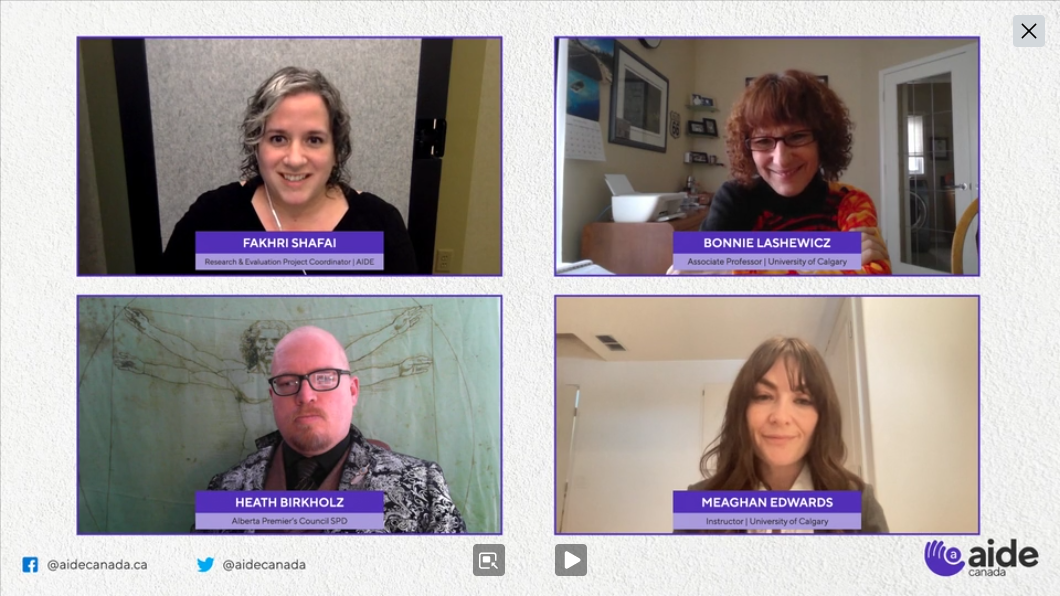Photo by Priscilla Du Preez on Unsplash
Disability Rights
See links below:
Consent, Capacity, & Supported Decision Making

This session is about the twists and turns people experience when their capacity is in question. Getting a capacity assessment is not straightforward. Then, when capacity is assessed, the criteria and processes can be narrow and unfriendly. In this session, we share findings of some of the ways capacity decision-makers make decisions. We discuss how we think these decisions could be made better by thinking about the people being assessed in terms of their relationships with others.

Adults living in Canada are used to making decisions about their own lives, whether it be where to live, what to eat, what to wear, or how to spend their money. Canadians understand free decision-making to be one of our basic rights. People with disabilities are no exception. Canadian laws presume that people living with disability can make their own decisions, just like everyone else. However, the laws governing decision-making are specific to each province and territory throughout Canada. While there are many similarities across the country, there are also some key differences

This webinar will help individuals and families understand the process of 'Supported Decision Making' in future planning. The outstanding panel of presenters includes leaders in this field in Alberta and British Columbia. As part of the webinar, a 'Q & A' session will address practical concerns and pressing questions of the audience.
Your Voice
.jpg?sfvrsn=3f7d2657_2)
What are my rights? Can a property owner refuse to rent to me because of my disability? What should I do if I think someone has acted against my rights? This toolkit answers frequent questions about human rights in Canada. It also gives you practical steps that you can take if your rights have not been respected, and it has a list of resources where you can go for help for every Canadian province and territory.

How do I vote? What if I do not want to go to a voting station? What is the difference between a Federal government and a Provincial Government? This short, accessible language course instructs students about Canadian democracy. It helps build an understanding of how government works and ways that people with intellectual disability and/or sensory processing differences can most easily participate in the voting process.

When entering the workforce, individuals with autism may grapple with whether to disclose their diagnosis. Disclosure could result in getting needed supports, but alternatively could result in stigma. The typical interview process may be challenging
for individuals with autism, and it may be possible to receive accommodations for this process.
Your Privacy

When entering the workforce, individuals with autism may grapple with whether to disclose their diagnosis. Disclosure could result in getting needed supports, but alternatively could result in stigma. The typical interview process may be challenging for individuals with autism, and it may be possible to receive accommodations for this process.

Every province and territory in Canada has its own set of laws that apply to provincial government agencies – such as regional health authorities, ministries of health, etc. –
and their handling of personal health information. Use this infographic to access the laws applicable to your area.


